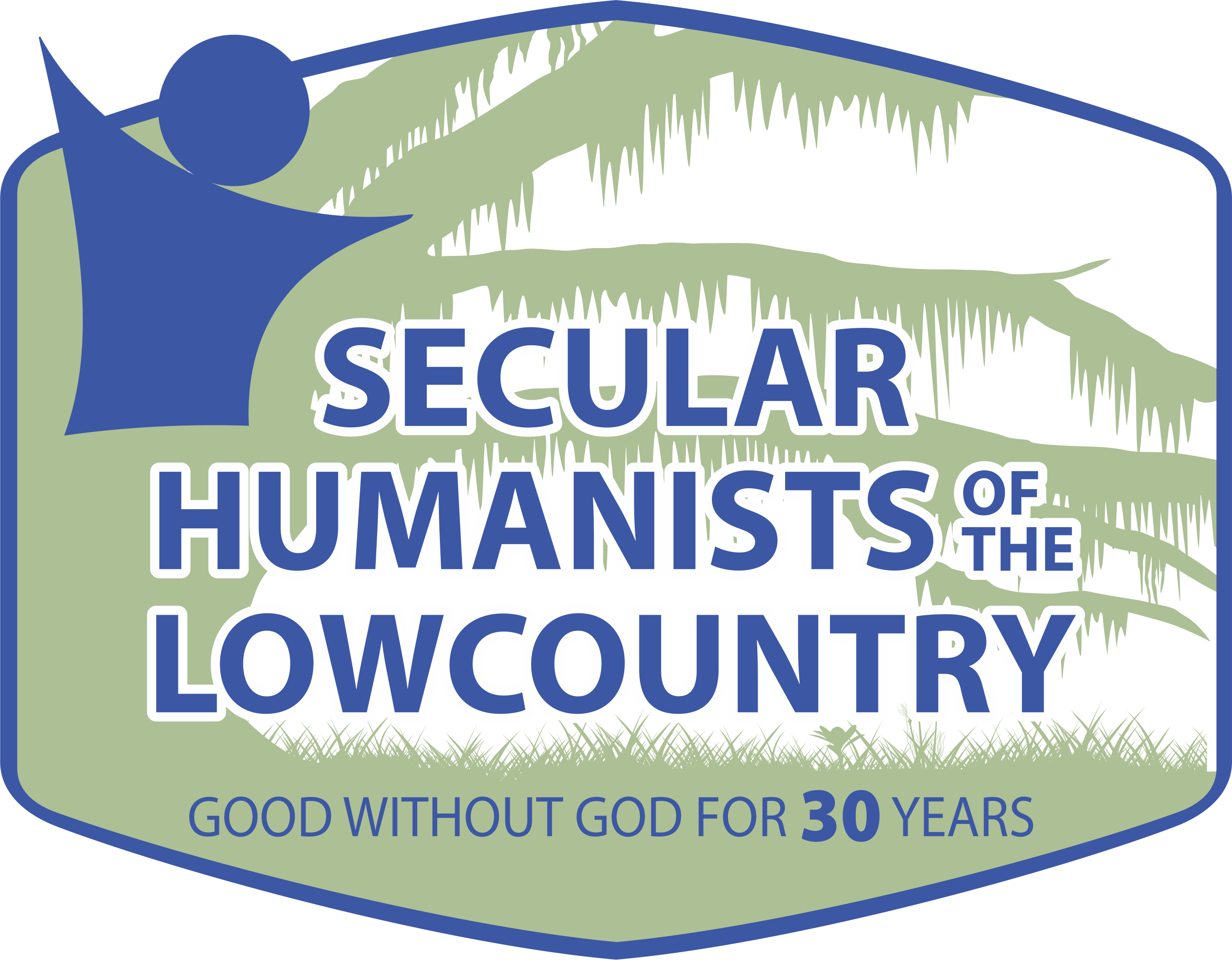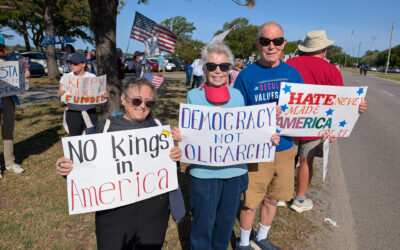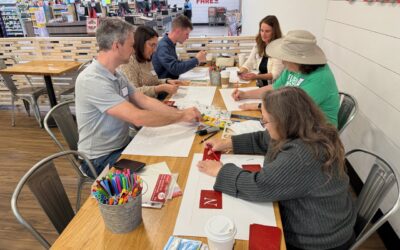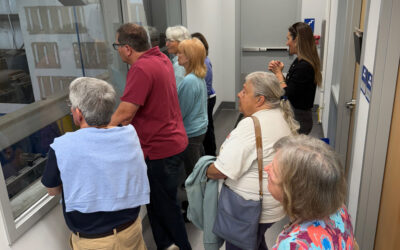Latest News
The May issue of The Separationist is out now!
The May issue of The Separationist is out now. Here is what is in the issue: Service to...
Together in Community Rally/Protest
On Saturday, April 19th, in Charleston SHL members stood "Together in Community" with many other...
Secular Activists Working Together
On Sunday, April 13th we gathered to write postcards to our state senators to ask them to oppose...
Spring Potluck Picnic & Board Election
Join us at 11:30 am on Sunday, May 18th for SHL's annual spring picnic at Wannamaker County Park,...
Recycling Center Tour
For our April member gathering, on April 10, 2025, we took a tour of the Charleston Recycling...
Remove, Reverse, Reclaim Protest
On Saturday, April 12, 2025, members of SHL came together with progressive activists from around...






